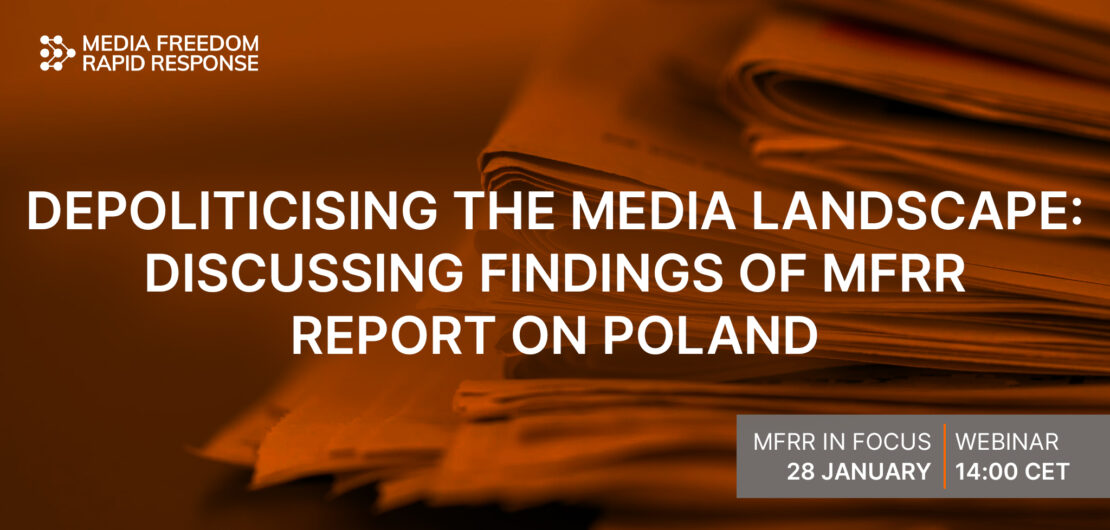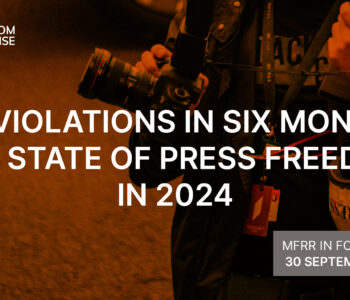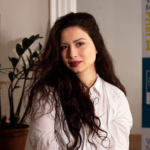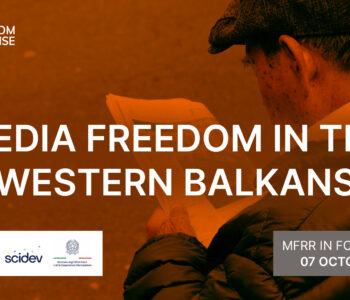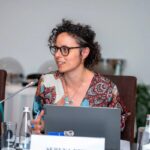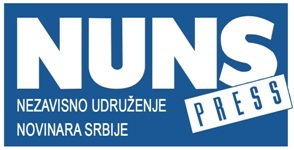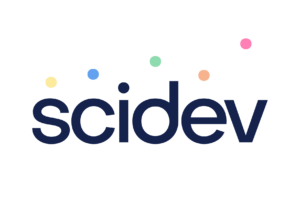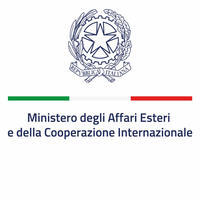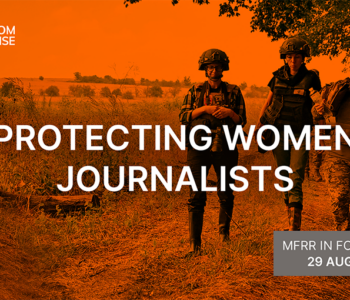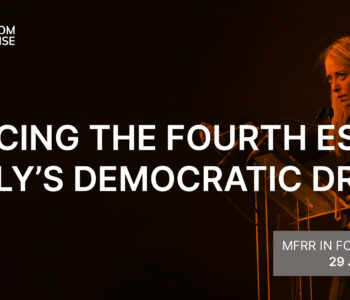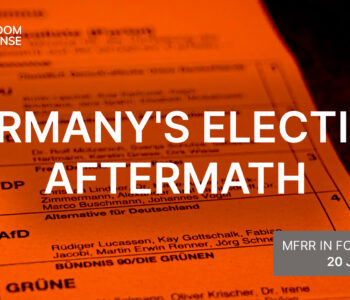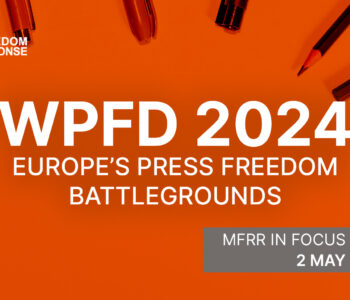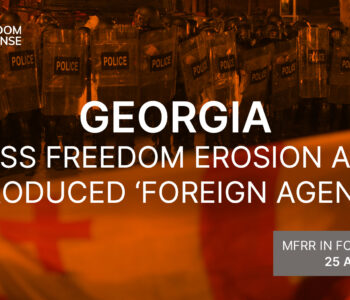19 November 2024 marks 1000 days since the start of Russia’s full-scale invasion of Ukraine on 24 February 2022. Marking this grim milestone, MFRR partners remember those journalists who have lost their lives reporting on Russia’s war of aggression. We also express our solidarity with those who continue to risk their lives to bring us critical news and information on this invasion.
At least 13 media workers killed, at least as many held in Russian prisons
Since 24 February 2022, 13 journalists have been killed while reporting on Russia’s full-scale invasion–highlighting the risks and dangers faced by Ukrainian and international journalists covering this war.
Some, such as Arman Soldin, Oksana Baulina, and others, were killed as a result of Russian shelling, indiscriminate or targeted, while others, like Maks Levin and Mantas Kvedaravičius, were likely killed in extrajudicial executions. Dozens of other journalists have been wounded while reporting on the war. Countless editorial offices, TV towers and other media infrastructure have been destroyed.
Victoria Roshchyna, a Ukrainian journalist who set out to report in Russian-occupied regions of Ukraine in July 2023, died in unclear circumstances in Russian custody, with the news of her death having only been made public on October 10, 2024. To date, Russian authorities have refused to investigate the circumstances of her death and have refused to return her body to her family in Ukraine.
The news of Roshchyna’s death serves as a reminder that at least 13 other Ukrainian journalists continue to be held in Russian captivity, with hardly any legal guarantees that their safety is being ensured by Russian authorities. Among Ukraine’s media community, fears mount that as with Roshchyna, their lives are in danger too.
Additional concerns due to Spoofing and DDoS attacks
In addition to physical attacks, Ukrainian journalists and media are facing increasing digital threats with hacking attempts, spoofing, and DDoS attacks intensifying at an alarming rate since the start of Russia’s full-scale invasion of Ukraine.
Ukrainian outlets are regularly targeted by Distributed Denial of Service (DDoS) attacks that knock major news websites offline, with disruptions lasting several hours on average. Such disruptions have strong negative consequences for Ukrainian media, who are exposed to losing their readership and thus also commercial revenue.
Perhaps an even more dangerous development is the appearance of so-called Doppelgänger (clone) websites, which the MFRR has demanded a reaction to by European authorities and big tech platforms. These pages, which are disguised to resemble those of news outlets popular in Ukraine, attempt to influence Ukrainian public opinion by propagating ideas serving Russian interests. For example, misinformation is being spread about Ukraine losing the war, that it is lacking ammunition, and that the Ukrainian government is corrupt.
At times, inadequate reactions to press freedom crises stemming from Ukrainian authorities
While not comparable to the devastation created by the Russian military, the war has also become a pretext for Ukrainian authorities to introduce a certain level of censorship on the country’s media.
The most striking example is the continued production of the highly controversial “united news” broadcasts on Ukraine’s main television channels, which have been accused in Ukraine’s media community of producing unduly biased coverage supportive of the Ukrainian government. The “united news” broadcasts were also recently criticised by the European Commission which urged Ukraine to “reassess” the validity of the project.
In addition, several Ukrainian investigative journalists have been subjected to surveillance and intimidation by officials in connection with their work. As an example, investigative journalist Yuriy Nikolov was intimidated in January but no one has been held accountable to date. Similarly, no results have been communicated in the investigations related to the surveillance reported in January of investigative outlet Bihus.info and the attempt in April to serve investigative journalist Yevheny Shulhat with a military summons in retaliation for his work.
Additionally, in October, independent news outlet Ukrainska Pravda (UP) said in a statement that it was experiencing “ongoing and systematic pressure” from President Volodymyr Zelensky’s office.
Despite mounting challenges, the country’s media sector has shown incredible resilience throughout a war that has now lasted almost three years. MFRR partners express their solidarity with the journalists and independent media in Ukraine. We commit to continue to support them in doing their work, for as long as it takes.
